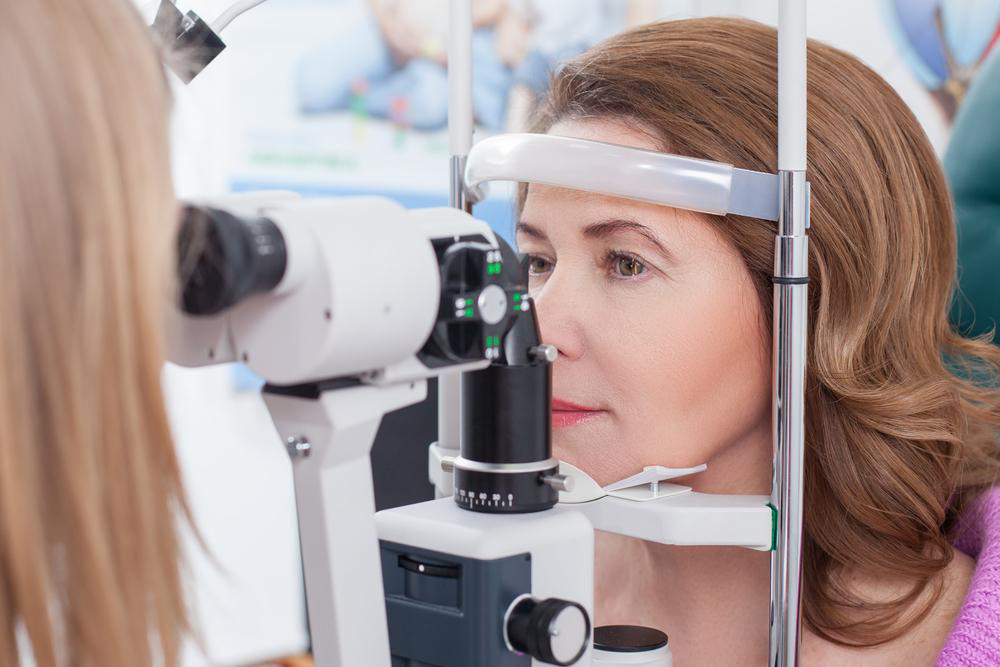Common eye ailments of the retina and their symptoms
The eye, like any other organ of the body, is prone to may diseases: some degenerative and some as a consequence of another disease. The eye has a two-part lid with long lashes. The frequent closing and opening of the eyes in conjunction with tears keeps the eye clear and lubricated. They close as a reflex action to prevent entry of foreign articles.
Some of the common conditions affecting the eye have symptoms of more serious conditions, which can cause a total loss of vision if neglected.

Eye Strain
Like any other organ, the eyes also get strained with continuous use. Anyone who works continuously on a computer, reads for hours together without a break, or long-distance drivers have all experienced this. As a rule, overnight sleep should set it right. The soreness persisting beyond a few days certainly warrants consulting an ophthalmologist.
Red Eye
The external wall of the eye, sclera, is highly vascular. Any irritation leads to the engorgement of the vessels on the sclera, the white of eye. If the entire eyeball is persistently red, it indicates an infection or allergy. Conjunctivitis can also cause this. Besides photophobia, sand in the eye sensation, and scum formation in the corners are also common. In severe cases, the lids may be stuck together in the mornings. If over-the-counter eye drops and rest do not aid in getting rid of the problem, consult an ophthalmologist.
Night Blindness
Only low light and vision in darkness are affected. This indeed has serious implications for everybody who has to drive in night and low-light conditions. Cataract, lack of vitamin A, near sightedness and keratoconus are the common reasons for this and these are treatable. Rarely is it congenital or the consequence of certain retinal degenerative diseases, in which case they are incurable and one has to learn to live with the condition.
Cross Eye or Strabismus
This is the condition of the eyes not being aligned. When one is looking at something, the eye will be looking elsewhere. This needs to be corrected by an ophthalmologist.
Many of the eye disease symptoms are common, with the initial ones being more serious. Early diagnosis of these makes the prognosis much better, while delays can prove to be very costly in more than one sense. It is better to err on the side of caution in these matters.